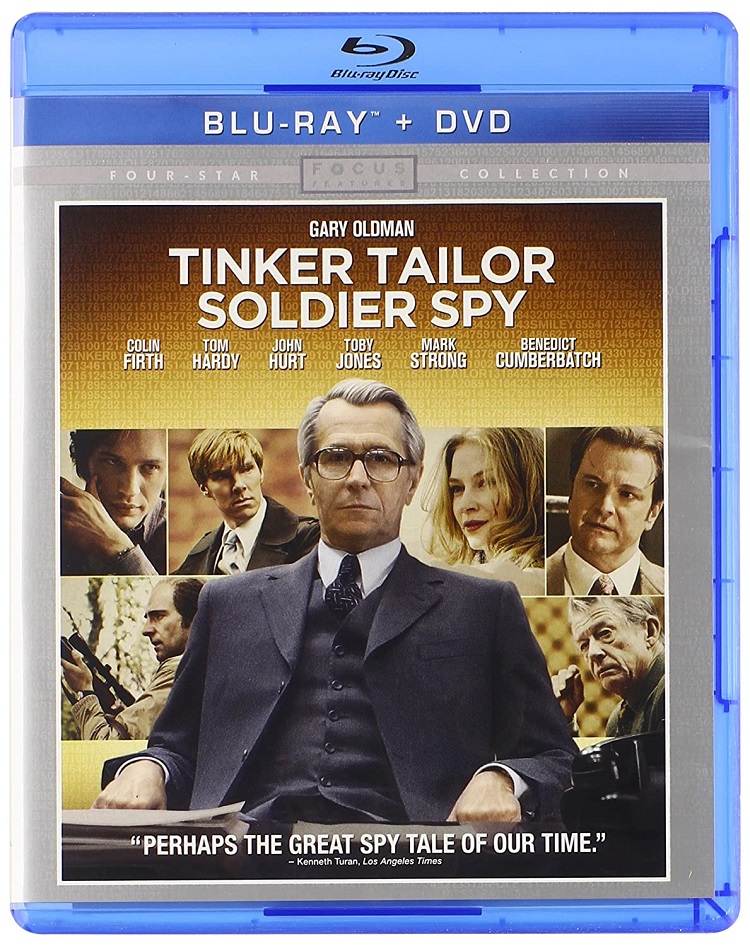
If there’s anything that makes Tinker Tailor Soldier Spy work, it’s its tone. The Tomas Alfredson picture is based on the novel of the same name by John le Carré and treats us to an espionage culture that is not at all like the worlds of James Bond or even Jason Bourne. While the aforementioned spy series’ race with breakneck speeds and feature dazzling chases and hot babes, Tinker Tailor Soldier Spy is quiet, subtle and deliberate.
Anyone who knows le Carré knows that he knows his stuff. He also knows betrayal, making Tinker Tailor Soldier Spy a personal work borne out of his experiences with British double agent Kim Philby, one of the Cambridge Five. The unease of betrayal also permeates Alfredson’s film; each scene is, if you’ll permit it, tailored with a sense of caution.
In this fictional account, agent Jim Prideaux (Mark Strong) is sent to Hungary by Control (John Hurt), the head of British intelligence. The operation is blown and the fallout leads to more international tensions, with Control and his man George Smiley (Gary Oldman) forced into retirement. There is a changing of the guard at the top of the service and Percy “Tinker” Alleline (Toby Jones) become the head. He installs some of his close allies in upper positions.
Smiley is eventually drawn out of retirement after agent Ricki Tarr (Tom Hardy) says that there’s a mole in the intelligence service. Smiley begins to piece together what happened after the disastrous Hungary mission in order to find the mole. This is done through a series of smoky meetings, tapped phones and half-heard conversations.
The notion of the quest for the mole is simple enough and Alfredson’s atmosphere is rich and appropriately brown. There are agents, double agents and probably some triple agents too, adding to the overall lack of confidence the audience develops for the characters. Nobody can be fully trusted because nobody is fully known.
This sense of uncertainty works in the movie’s favor more than not, but it sometimes creates more confusion than is necessary. There are lots of connections, some seductions, and a clever naming of the suspects by Control that serves to bring some lucidity to le Carré’s voluminous work. But Tinker Tailor Soldier Spy stumbles in cohesion at times, sometimes stuffing the envelope with a few too many characters and obscurities for things to make all that much sense.
Still, Tinker Tailor Soldier Spy is a very good film. The performances are on-point, from the polished Colin Firth as Bill Haydon to the Oscar-nominated Oldman as our conduit in to the world of baffling espionage. Alfredson, the director of Let the Right One In, once again proves himself the master of atmosphere and the Oscar-nominated Alberto Iglesias score is glum and subtle in all the right places.
In bringing the brown to espionage, Tinker Tailor Soldier Spy is an adept, subtle spy thriller. It may not have the heat and pacing of the Bond and Bourne films, but it has a certain understated tension that makes it well worth a look.